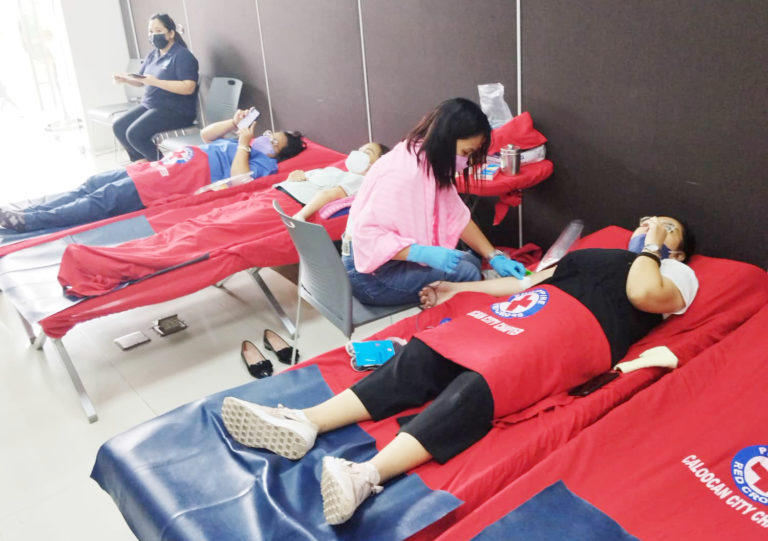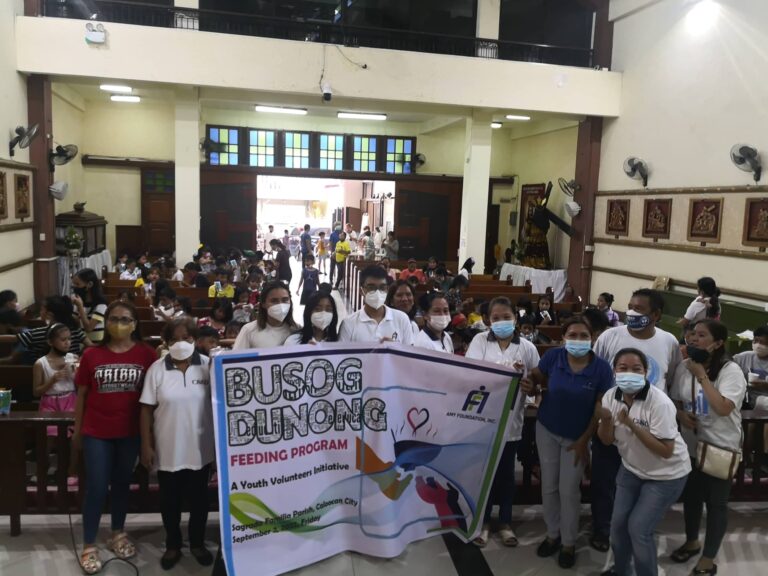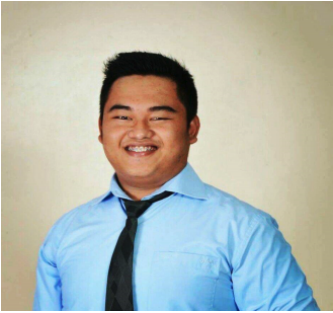The COVID-19 pandemic has exposed large inequalities in access to technology, such as between rich and poor, rural and urban, girls and boys, across and within countries. Online platforms have often been the first to be rolled out to enable children to continue learning from home; indeed, they are generally the most effective learning modality in getting some form of learning up and running. However, they have the lowest reach.
In some countries, like the Philippines, online platforms reach less than 10 per cent of the population. This is because they require electricity, reliable Internet connectivity, as well as sufficient devices for children in the household: particularly, devices with good functionality and capabilities, and large enough screen sizes.
Many governments have therefore rolled out multiple learning modalities, including those which require no technology or technologies that are more commonly available. When planning such initiatives, it is helpful to distinguish between high-tech modalities (like online platforms and apps) and low- or no-tech modalities (like TV, radio, SMS and printed learning materials), which have the potential for much higher reach.
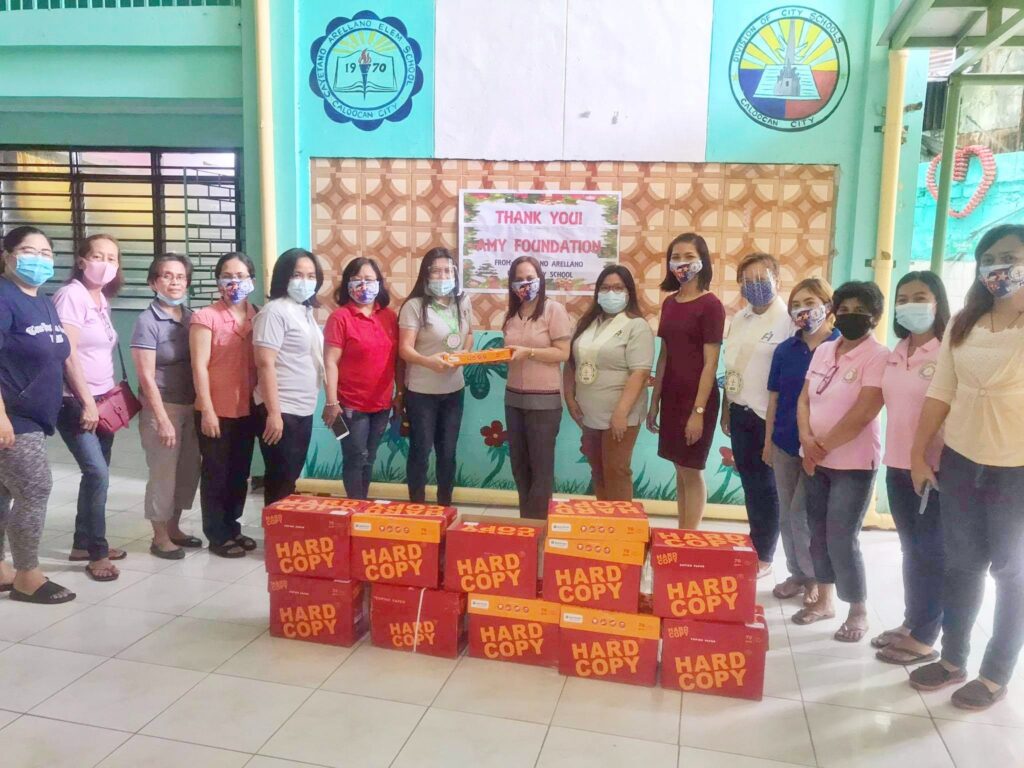
Another useful distinction is between one-way modalities, requiring children to study independently – though possibly supported by parents/guardians or even older siblings – and those which are teacher-guided. During school closures, it is important that teachers continue to engage and interact with their students, provide assignments and, importantly, provide timely feedback.
The Balik Eskuwela Project is an annual mission of the AMY Foundation in partnership with the LGUs and NGOs. It is one of the Foundation’s programs that directly deliver school supplies to students in need before classes start.
This year, the project focused on the donation of fifty (50) reams of long bond paper Cayetano Arellano Elementary School (CARES) that will be used for the printing of the self-learning modules of the students. This was also the very first Balik-Eskuwela that the Youth Volunteers Initiative got involved, although it’s founder and co-founder, Alexander Jacob T. Yao, and his sister, Clara Nicole T. Yao, could not physically attend the turnover event due to government covid restrictions on their age group. The siblings have various projects planned for the Foundation’s future Balik-Eskuwela once pandemic restrictions ease up.
